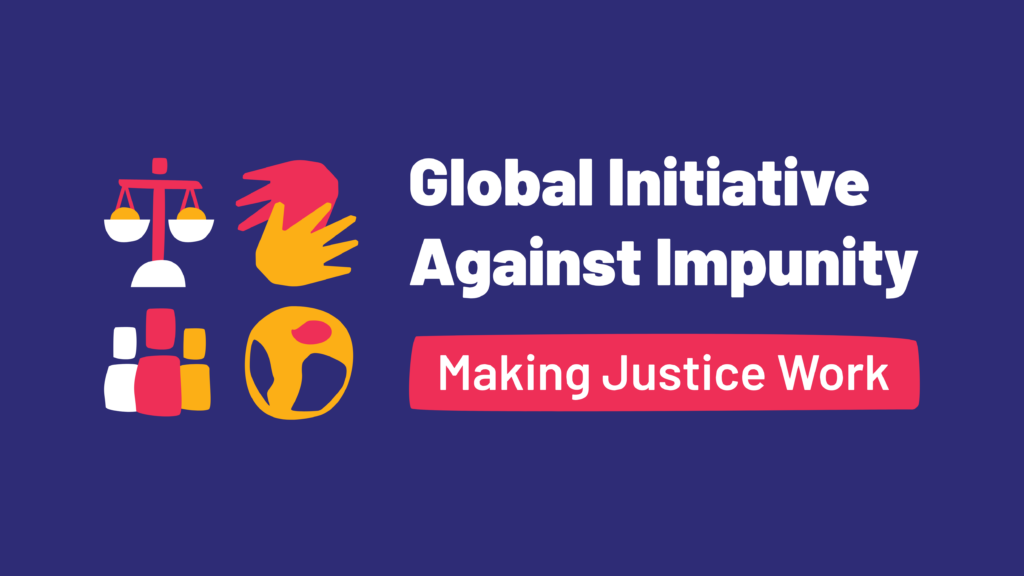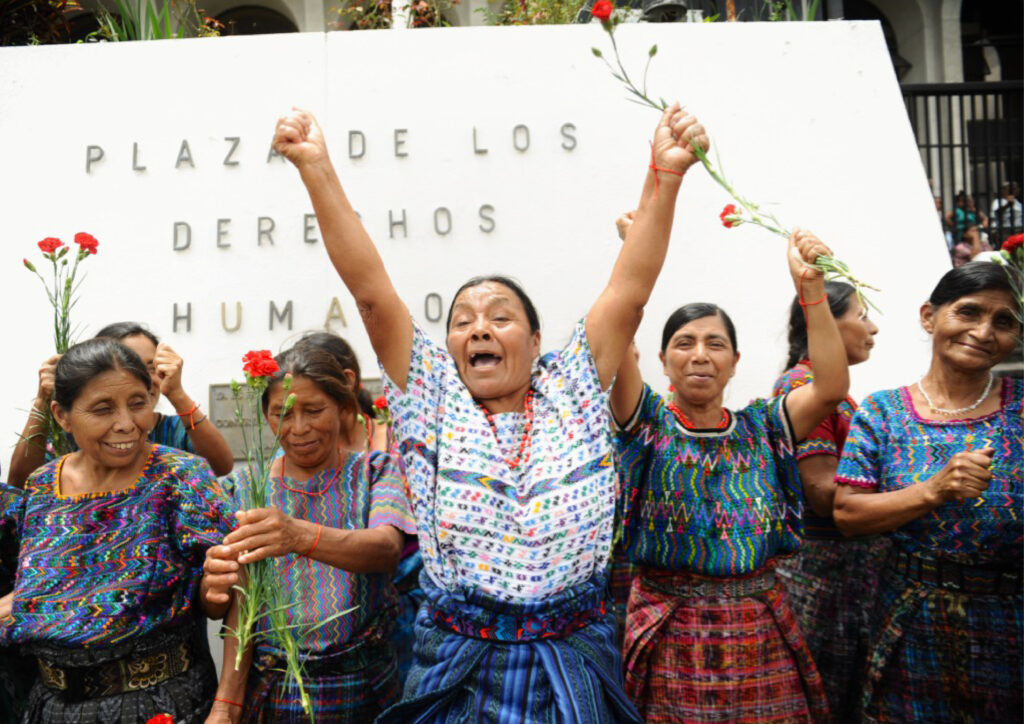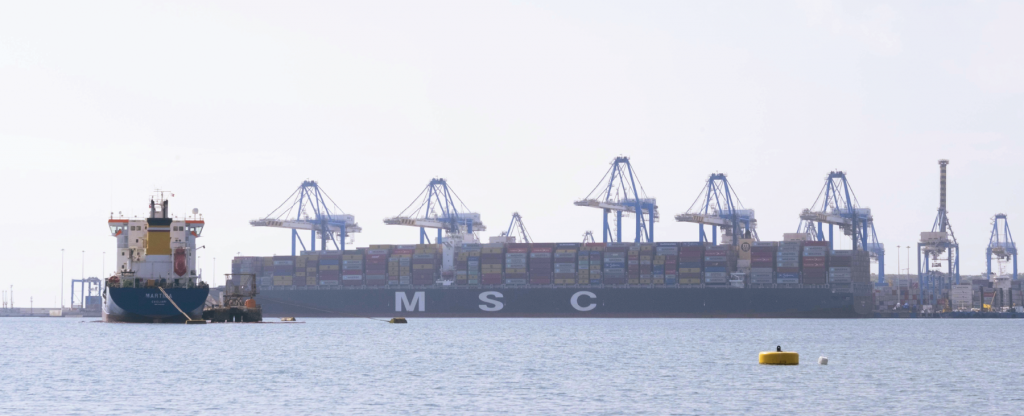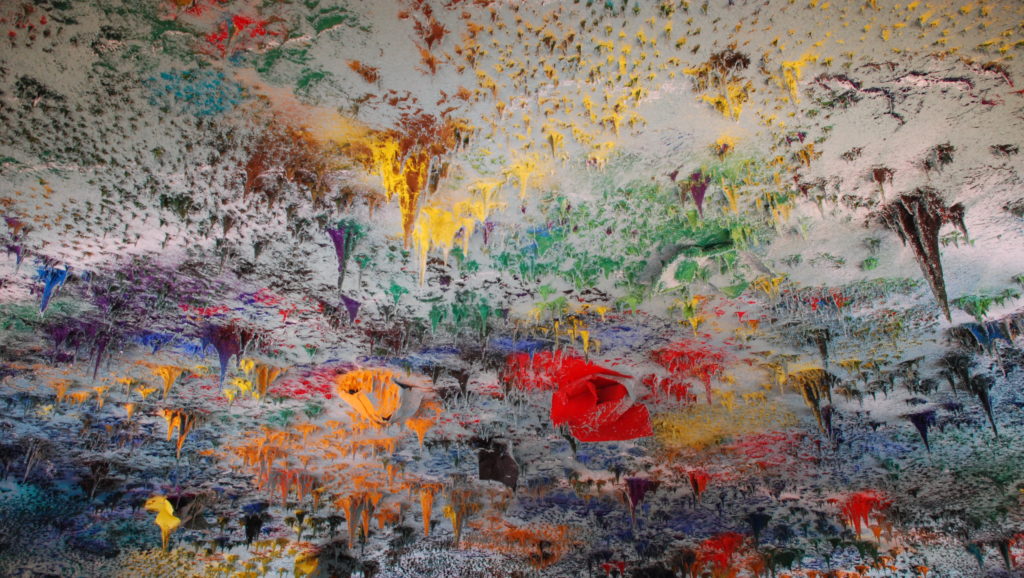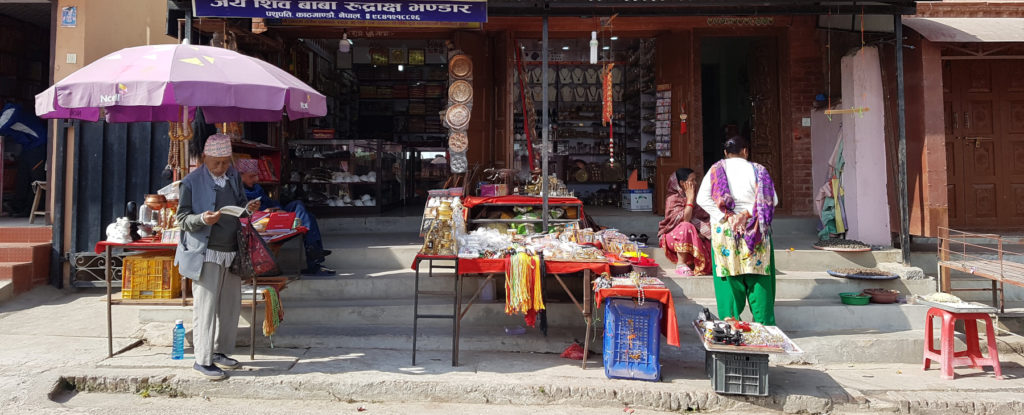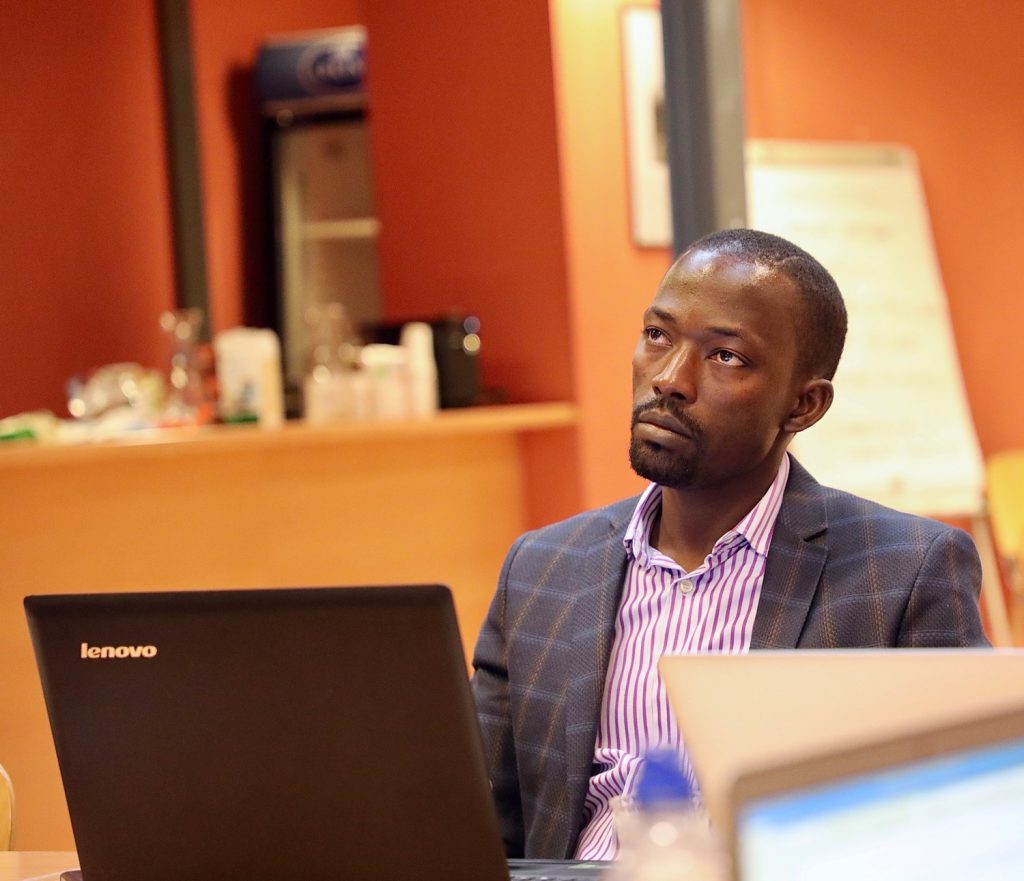Echoes from the field
An interview with Guy Mushiata, Human Rights expert in the DRC
TRIAL: Once again, the DRC is making the international headlines. What are your impressions of the current situation?
Guy Mushiata : The context is extremely tense due the uncertainty surrounding the delayed presidential elections. The political situation has reached a dead-end and the human rights situation is far from ideal. Over the last few months, four international researchers investigating the human rights situation have been expelled. The risk of violence is very real. One can only hope that the on-going national dialogue*, though non-inclusive, will find a favourable outcome, ease people’s minds and guarantee every person’s fundamental rights.
What difficulties do you face in your everyday work?
The lack of political will is prevalent, but we are also faced with a multitude of structural and logistical problems. The province of South Kivu, where TRIAL International operates, is larger than Switzerland. The villages where the abuses occur are very remote; travelling to those locations can take days and entail security challenges.
Working with the victims also requires a lot of patience. They are often traumatised and fear retaliatory measures. We must approach them with care a slowly develop a bond. The network we have on location is essential in establishing these trust relationships.
How do the victims react when you talk about justice?
They are usually doubtful at first. Impunity is so widespread that they do not believe they can get any justice against their persecutors, especially when they are in the national forces or in an armed group. However, our experience proves that their role is crucial to the proceedings. In the Bolingo case, for instance, the Court would probably have dismissed the case if it had not been for the victim’s testimony. It is important for them to be agents in the proceedings and to tell their story in their own words. This also encourages other victims who remain on the side-lines to come forward.
Almost two years after TRIAL’s offices opened in Bukavu, how has your mission evolved?
Since we arrived, we have established partnerships with local and international actors in the field, such as MONUSCO, UNDP, victims’ associations, lawyers’ networks etc. This has enabled us to work complementarily with other organizations, focusing on TRIAL International’s unique legal expertise. We are increasingly thought-after and must now chose which cases to defend.
What are the priorities for the program now?
We want to continue working on a national level. Of course, we will still refer cases to the African Commission or the United Nations if required, but changes must come from within the DRC: judges, lawyers, civil society and other local actors have a crucial role to play. For example, the lawyers that we trained can now assist the victims of gross violations of human rights on their own. It is highly gratifying to see the expansion of these good practices.
* The national dialogue brings together representatives of the political majority, part of the opposition and of civil society to seek solutions to the current political crisis stemming from the presidential elections, initially scheduled for November 2016.

